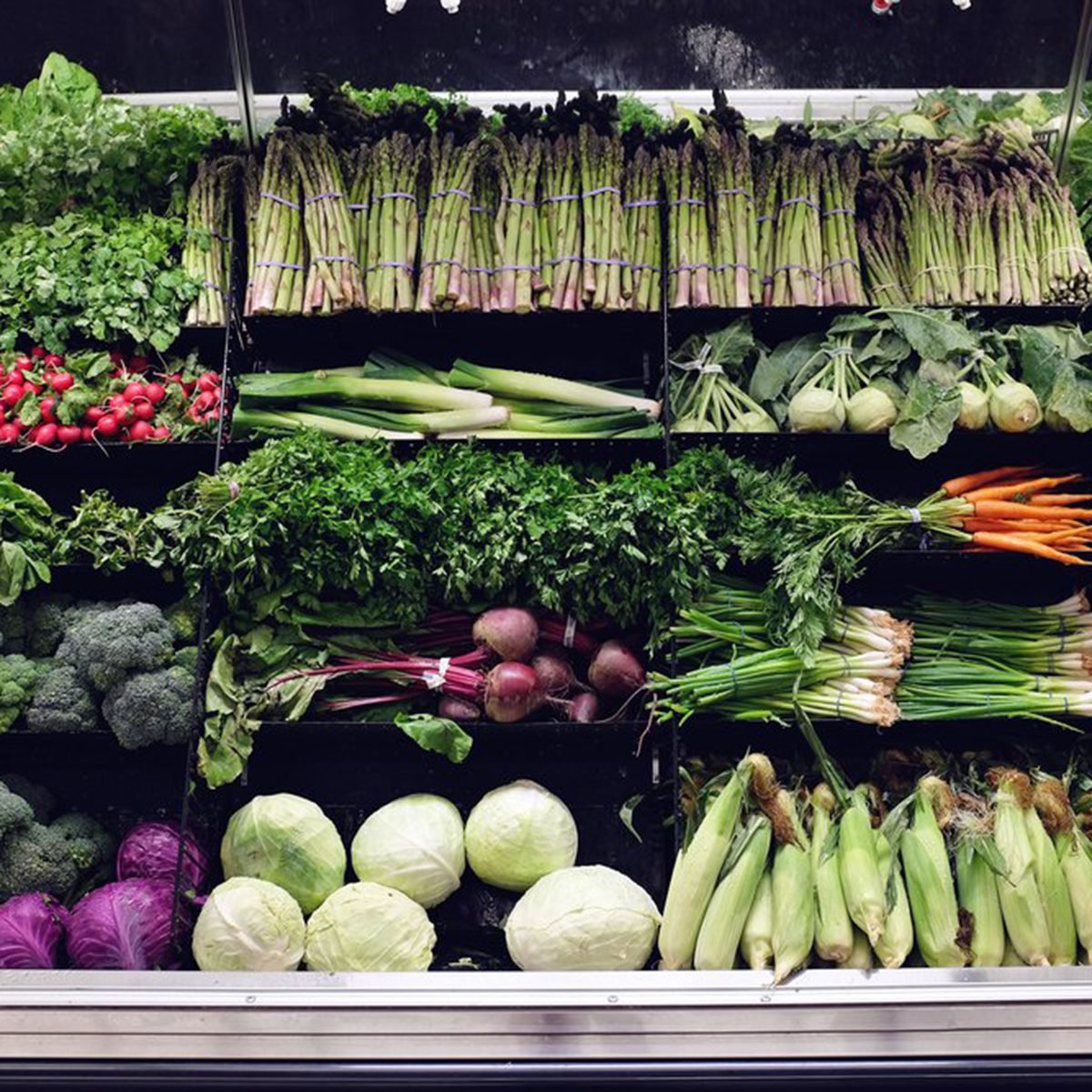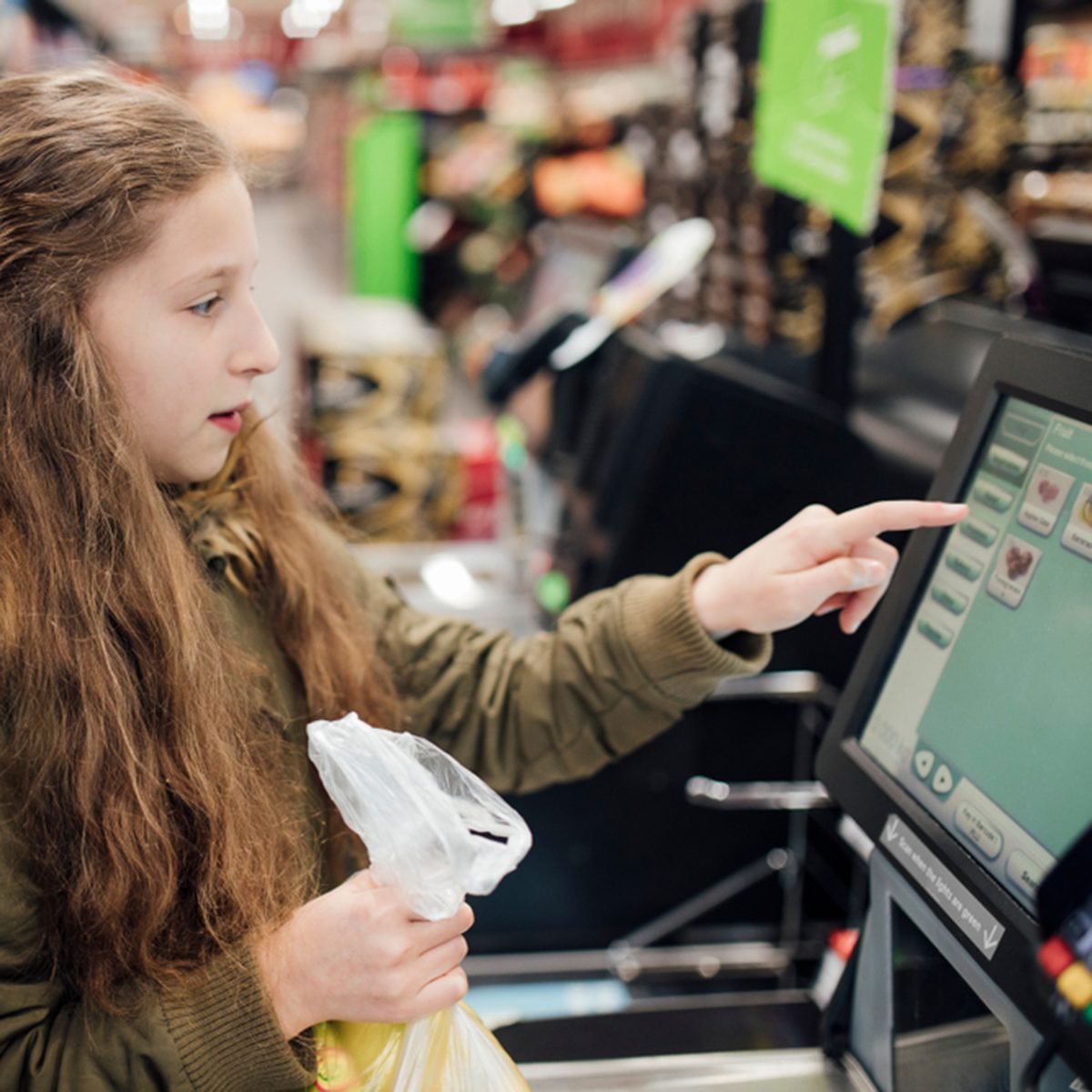 The first few months with your newborn can be chaotic and overwhelming for first-time parents. You will get all kinds of contradicting advice from everyone about newborn baby care. Deciding what advice to follow in regards to newborn care can be confusing. Caring for a newborn is exhausting and challenging, but it is also one of the most wonderful and rewarding experiences of your life.
The first few months with your newborn can be chaotic and overwhelming for first-time parents. You will get all kinds of contradicting advice from everyone about newborn baby care. Deciding what advice to follow in regards to newborn care can be confusing. Caring for a newborn is exhausting and challenging, but it is also one of the most wonderful and rewarding experiences of your life.Tips to Take Care of Newborn Baby
Taking care of a newborn is obviously a challenge when it is your first time. So, here are ten ways that will assist you in taking care of a newborn baby:
1. Feeding
It is very important to feed the baby on time. A newborn has to be fed every 2 to 3 hours, which means you need to nurse her 8-12 times in 24 hours. An infant should be fed only breast milk for the first 6 months of life. Breast milk contains vital nutrients and antibodies that are required for a baby’s survival and growth. Nurse the baby for 10 minutes at least. Hold the breast near your baby’s lips until she latches on firmly and starts sucking. If the baby has latched on correctly, the mother will not experience any pain in her nipples. The breast should feel less full once the baby is done the feeding. This is an indication that the baby is getting enough milk. In case breast milk is not an option, feed the baby with a doctor-recommended formula. The baby should get 60 to 90ml of formula per feeding.

2. Burping
Once the baby is fed, she needs to be burped. Babies swallow air while feeding, which causes gas and colic in their tummies. Burping expels this excess air, thus aiding in digestion and preventing spit-ups and stomach colic. Gently hold the baby against your chest with one hand. Her chin should rest on your shoulder. Pat or stroke her back very gently with your other hand until she burps.
3. How to Hold Your Newborn
It is very important to ensure that you are supporting your baby’s head and neck with one hand while holding her. This is because her neck muscles are not yet strong enough to hold up the head independently. The backbone is also still growing and becoming stronger. The neck will be able to support the head on its own only after 3 months of age. So pay attention to supporting your baby’s head and neck while taking care of a newborn baby.
4. Umbilical Cord Stump Care
An important aspect of newborn baby care in the 1st month is caring for the umbilical cord stump. Do not bathe your baby for the initial 2-3 weeks. Give her a sponge bath instead of lukewarm water. Keep the navel area clean and dry. Keep the baby’s diaper folded down so that the stump can dry. Disinfect your hands before handling the navel area. To clean, use a damp cloth and dry with a clean, absorbent cloth. Look out for signs of infection in the cord-stump area. If there is redness, swelling, smelly discharge or pus, and bleeding in the navel area, take the baby to a pediatrician.
5. Diapering
Changing diapers frequently is an important aspect when taking care of a newborn baby after delivery. If your baby is getting sufficient breast milk or formula, she will wet at least 6 to 8 diapers in a day, along with regular bowel movements. Change her diaper frequently, as soon as it feels full. You may even have to change it at least 10 times a day. To change a dirty diaper, you will need a changing sheet, gentle diaper wipes, diaper rash cream or baby powder and fresh diapers. In order to prevent UTI, wipe your baby girl from front to back rather than back to front. And let your baby remain without a diaper for a few hours each day.

6. Bathing
Bathing a newborn is a delicate task. You should start bathing the baby 2 to 3 times a week after the cord stump dries and falls off. Make sure you have all the bathing and changing supplies ready before you take the baby for a bath. Bath time just before bedtime helps babies sleep more soundly. You will need an infant bathtub, lukewarm water, mild baby soap or body wash, a washcloth, soft towel, baby lotion or cream, new diaper, and fresh baby clothes. Get your partner or a family member to help, so that one person can hold the baby’s neck and head above the water while the other bathes the baby. Use soap sparingly. Clean the baby’s genitals, scalp, hair, neck, face, and any dried mucous that has collected around the nose with the washcloth. Rinse your baby’s body with lukewarm water. Once this is done, dry the baby’s body with a soft towel, apply lotion and put on a fresh diaper and baby clothes.
7. Massaging
Massaging is a great way to bond with your baby. It also helps in soothing the baby to sleep and in improving blood circulation and digestion. Spread a small quantity of baby oil or lotion on your hands. Next, gently and rhythmically stroke her body. Maintain eye contact with the baby and talk to her when massaging her body. A good time to massage the baby is before her bath.
8. Handling Your Newborn
There are a few things to keep in mind when playing with your baby. Never shake your baby as her internal organs are delicate and can be damaged by vigorous shaking. Do not throw the baby up into the air, as this can be dangerous. Always disinfect or wash your hands before handling the baby, as their immune systems are not fully developed, and they are vulnerable to infections. Ensure that your baby is fastened securely in a stroller, car seat, or baby carrier if you are taking her out. Make your baby lie on her tummy every day for a short while. This will make her neck and back muscles stronger. It will also improve her vision, as she will need to look up and sideways to see.
9. Sleeping
Newborns need to sleep for about 16 hours a day in the first 2 months. They usually take naps that are 2 to 4 hours long and wake up if they are hungry or wet. As the baby needs to be fed every 3 hours, you may need to wake her and feed her. Do not worry in case she does not follow the ideal newborn sleep pattern. Every baby is different and has a different sleep cycle. You should also remember to alternate your baby’s head position while she is sleeping. This prevents the formation of flat spots on the head. Make sure you put the baby to sleep on her back to avoid suffocation. A mother should try to take naps along with the baby. She can also use the time to have a bath or eat a meal peacefully while her baby is asleep.

10. Trimming Nails
Newborn nails grow very fast. The baby may scratch her own face or body with her hand movements. Hence, it is important to keep the baby’s nails trimmed. As the nails of a baby are soft, so use baby nail clippers. Try and trim the nails gently when the baby is asleep. Do not trim it too deeply as the nails are very tender and it could be painful for the baby. Do not trim the edges of the nails as this will cause ingrown nails.
New parents should seek help from family or friends so that they can rest and take care of themselves too. First-time parents of a newborn can be quite perplexed about several aspects of newborn baby care. This article will help new moms care for their newborns with confidence.













